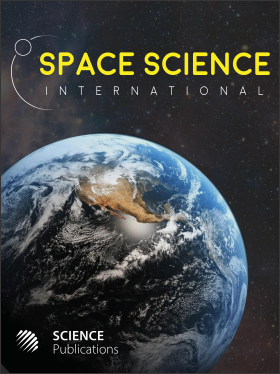Space Science International
Modified Gravity, Black Holes, Entropic Gravity and Information in Astrophysics, Cosmology
Call for Papers
There has been a renewed interest in the recent years in the possibility of deviations from the predictions of Newton's "inverse-square law" of universal gravitation and alternative theories of gravity. Deviations from the universal Newtonian law is related to various theoretical attempts to construct a unified elementary particle theory, in which there is a natural prediction of new forces over macroscopic distances. On the other hand, alternative theories of gravity explain large structure formation of the universe. New ideas and theories of gravity open new horizons towards possible deviations in the ordinary gravity in the weak field approximation, as well as the non-relativistic limit, the limit that it is most accessible to the observation, and for testing quantum gravity phenomenology. Thus, they create a considerable interest in the study of modified gravitational models using alternative theories of gravity in this special issue.
Recent findings by demonstrate that space and time arises through a holographic scenario. Gravity is then explained as an entropic force that is caused by the information changes associated with the positions of material bodies. A well-defined fundamental description of this mechanism is currently under intense investigation and the viability of well-defined phenomenological models of entropic-inspired modified gravities are of considerable interest along with potential relations to various astronomical, astrophysical and cosmological scenarios. Finally, the relation of information to various astronomical, astrophysical and cosmological parameters needs to be investigated.
Topics of interest include, but are not limited to:
- Alternative Theories of Gravity
- Solar System Tests of Alternative Gravitational Theories
- Black Hole Mechanics and Thermodynamics.
- Quantum Gravity and the Holographic Mass
- Gravity, Black Holes and Information
- Landauer's Principle of information in Astrophysics
